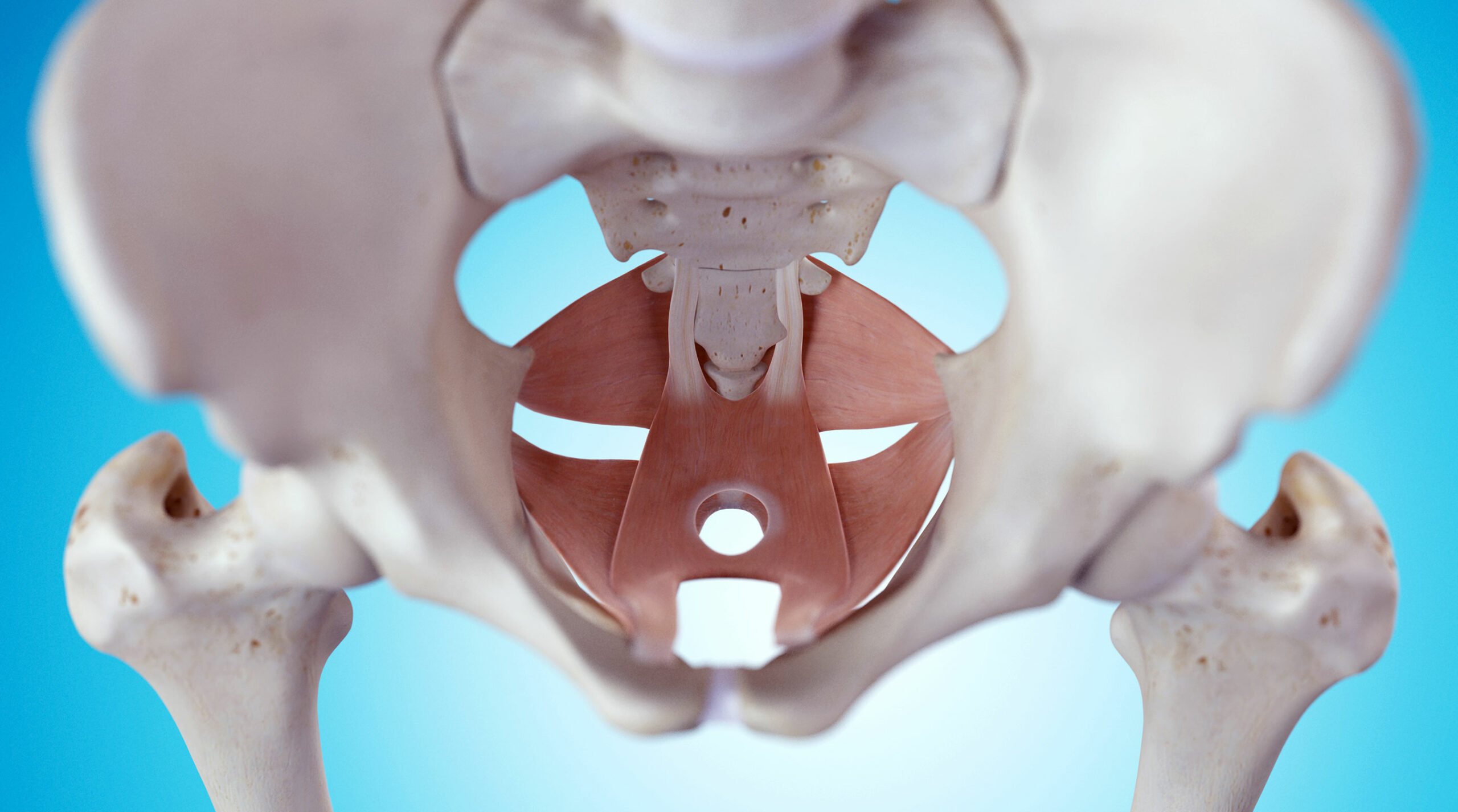Women's Wellness

Laboratory Biomarkers
Do you want more energy, better sleep, or even healthier skin? Whatever your personal health goals, you can use our biomarker health checks to make sure your body is getting enough of what it needs, helping you to reach your personal best. We test over 70 essential biomarkers which have an effect on your health, wellbeing, and performance. Examples include: Baseline Health Checks, Testosterone, Male Fitness, and Vitamin Deficiencies. Samples require a small blood sample and results take 2 to 3 days. All laboratory biomarkers are reviewed by a GP or a nurse, who provide guidance for clients with results outside the normal range.
Pelvic Floor Therapy
Urinary incontinence, affecting 3 to 6 million individuals in the UK, predominantly impacts women, with more than 80% experiencing its effects. Pelvic floor muscles, crucial for bladder and organ support, can weaken due to factors like age, childbirth, or menopause, leading to conditions such as stress or urge incontinence. Stress incontinence, when urine leaks from the bladder when coughing or sneezing, results from the weakening of the pelvic floor muscles and muscles at the neck of the bladder, caused by ageing and vaginal childbirth. Urge incontinence is caused by irregular contraction of the muscles in the wall of the bladder, resulting in the urge to pee even when the bladder is empty. Weakened pelvic floor muscles exacerbate the problem.



